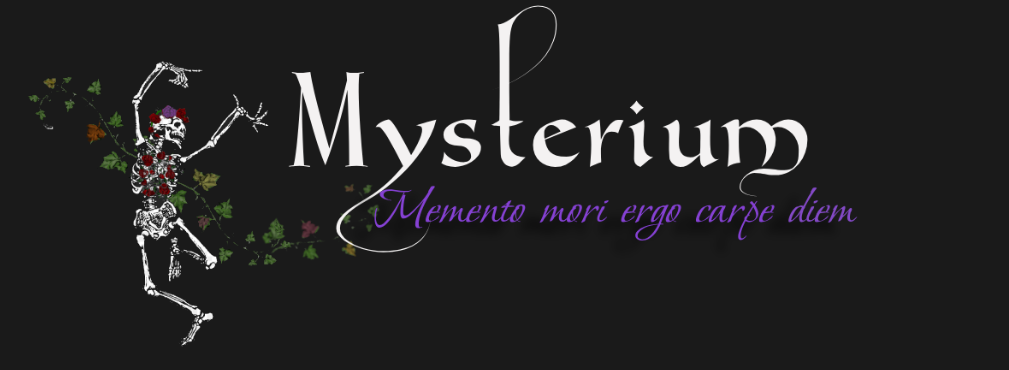Video
“This doctor wants to humanize death”
A short documentary on the work of pediatric palliative care physician, Dr. Nadia Tremonti. When a child is terminally ill, how can we make their end of life a better one?
“On Death and Dying”
Caleb Cucaro-Green explains the Aretheon approach to life and mortality.
The Sky Meadow Mystery School, Discussed
A conversation about this upcoming residential retreat event in Vermont, which will combine permaculture praxis with mythopoetic art, ritual and philosophy on the memento mori ergo carpe diem theme.
“What if Death was a Person?”
The Tale Foundry examines various literary and pop-culture personifications of Death.
“Rites of Passage: Death”
In the first episode of his series on rites of passage, English artist Grayson Perry creates rituals to commemorate the life of Jordan Seddon – a 17-year-old boy killed by a drunk driver – and officiates a celebration of life for Roch Maher, a man dying of motor neurone disease. A powerful, moving argument for … Read more“Rites of Passage: Death”
“Radical Mindfulness: Why Transforming Fear of Death is Politically Vital”
Dr. Rowe’s book is available from Amazon and other retailers. Here’s the blurb: Collecting insights from powerful thinkers across multiple traditions―including Black radicals, Indigenous resurgence theorists, terror management theorists, and Buddhist feminists― Rowe argues for the political importance of seemingly apolitical practices such as meditation and ritual. On their own, these strategies are not enough, … Read more“Radical Mindfulness: Why Transforming Fear of Death is Politically Vital”
Thanksgiving/Day of the Dead in Cicely, Alaska (Northern Exposure, 1992)
The good people of Cicely, Alaska enjoy their eccentric, Day of the Dead-inflected version of Thanksgiving in this scene from Northern Exposure (1992). As explained by Marilyn Whirlwind (Elaine Miles), the indigenous people of Cicely do not regard the orthodox Thanksgiving as a day of celebration. In fact, they carry a lot of ancestral anger … Read moreThanksgiving/Day of the Dead in Cicely, Alaska (Northern Exposure, 1992)
